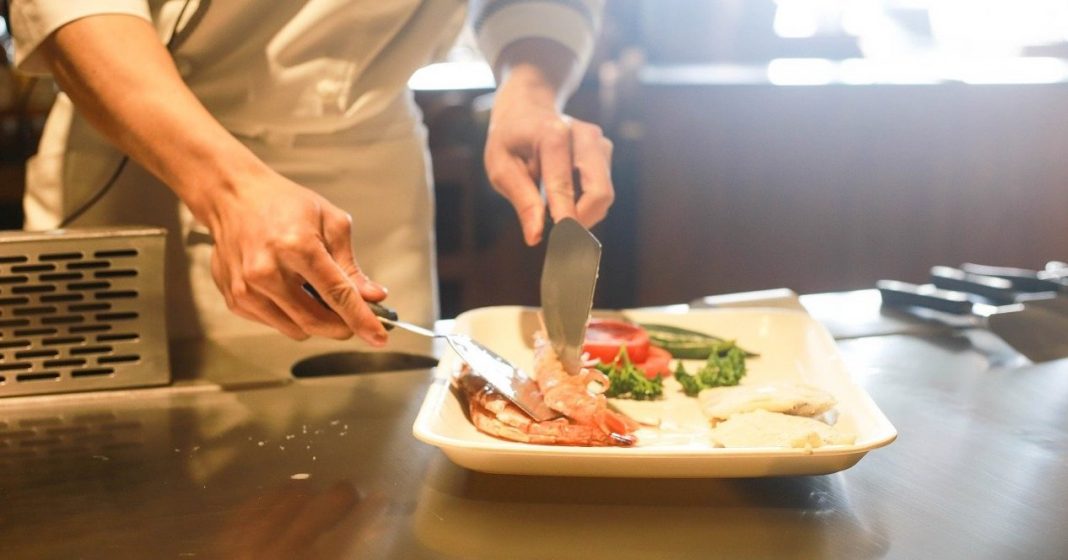Losses at the top 100 UK restaurant groups grew 24% from £673m to £832m in just the past six months shows a new study by the national accountancy group UHY Hacker Young.
The scale of the losses has been driven by the effects of major restructuring programmes they have undertaken following the pandemic. Some restaurants that were forced to close during the pandemic saw their debts – primarily to landlords – build up to unsustainable levels. This resulted in some needing to write off debts through arrangements like CVAs.
Since the sector reopened, restaurants have also faced spiralling input costs as supply chain issues worldwide drive up the price of food.
UHY Hacker Young says that the restaurant sector was already in difficulty long before the pandemic. Many chains had expanded very aggressively, taking on large amounts of debt that they were struggling to service even before Covid.
There are some positive signs in the long term for the UK’s restaurant sector, with some expecting that the size of their losses may soon begin to fall. Restructuring programmes have reduced their debt costs, while a number of major chains have also taken the opportunity to close large numbers of unprofitable branches.
Peter Kubik, Partner at UHY Hacker Young says: “Losses among the UK’s major restaurant chains have reached enormous proportions. Many of them overextended themselves significantly over recent years, just in time to be hit by Covid and inflation running out of control.”
“With economic dark clouds still gathering and the UK facing a cost of living crisis, there are still strong headwinds facing the casual dining sector. Restaurants are likely to be under a lot of pressure for some time yet. However we feel the worst is over.”
“While some restaurants have disappeared from high streets altogether, many have managed to save themselves with far-reaching restructuring programmes. While the sector is not out of the woods, the groups that have dropped underperforming branches and shed debt through CVAs are in a better state to compete.”



